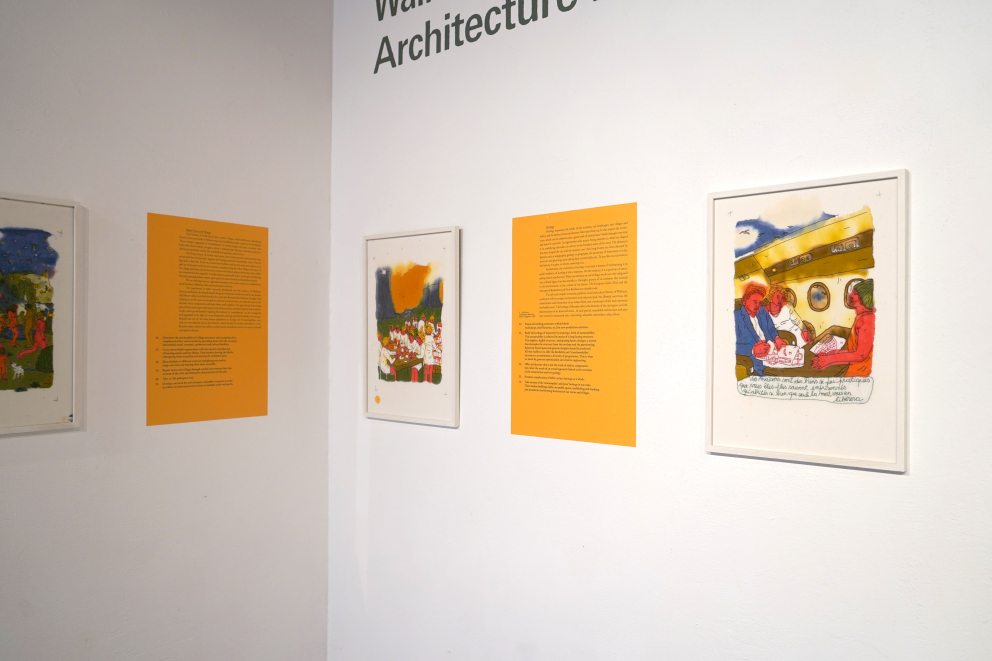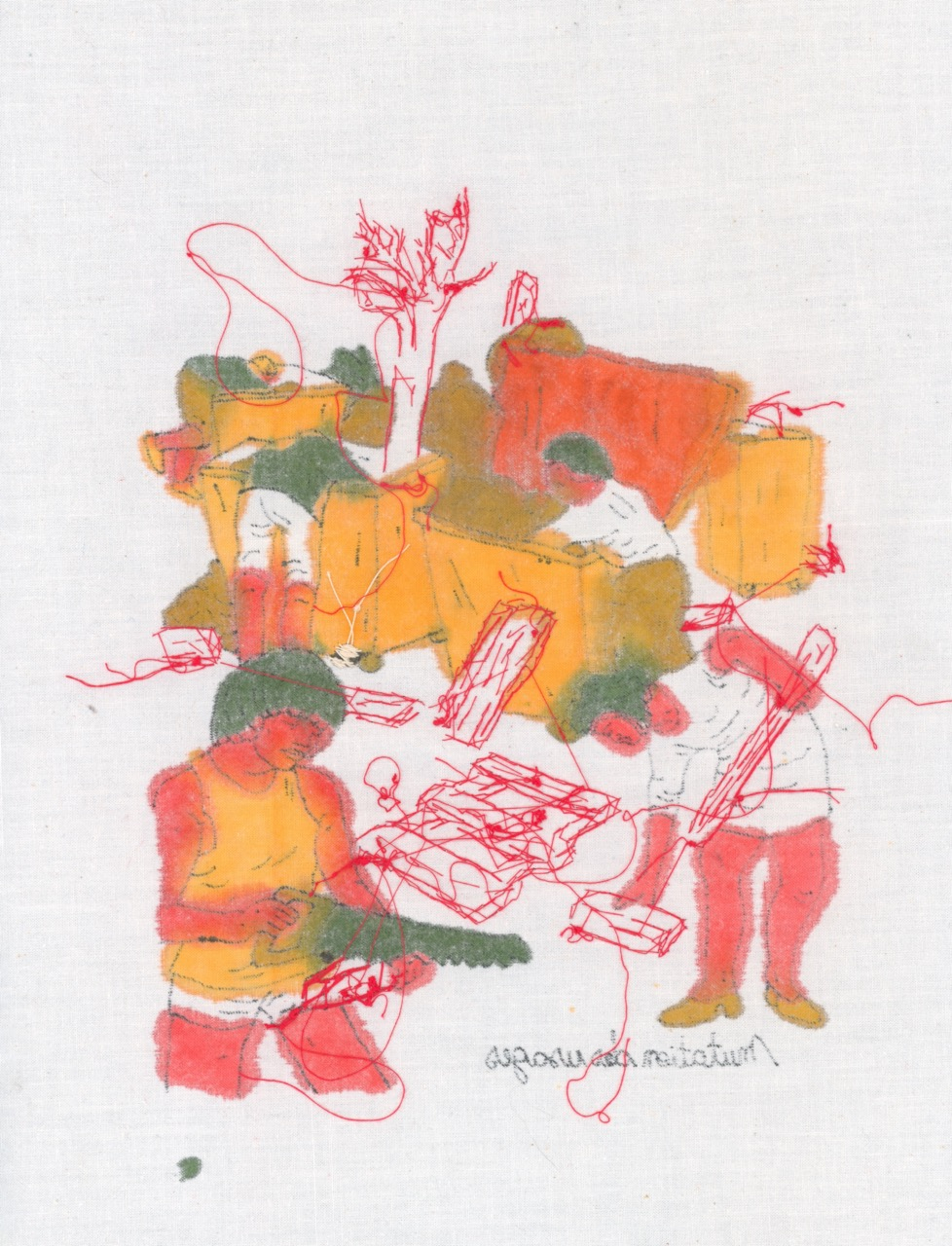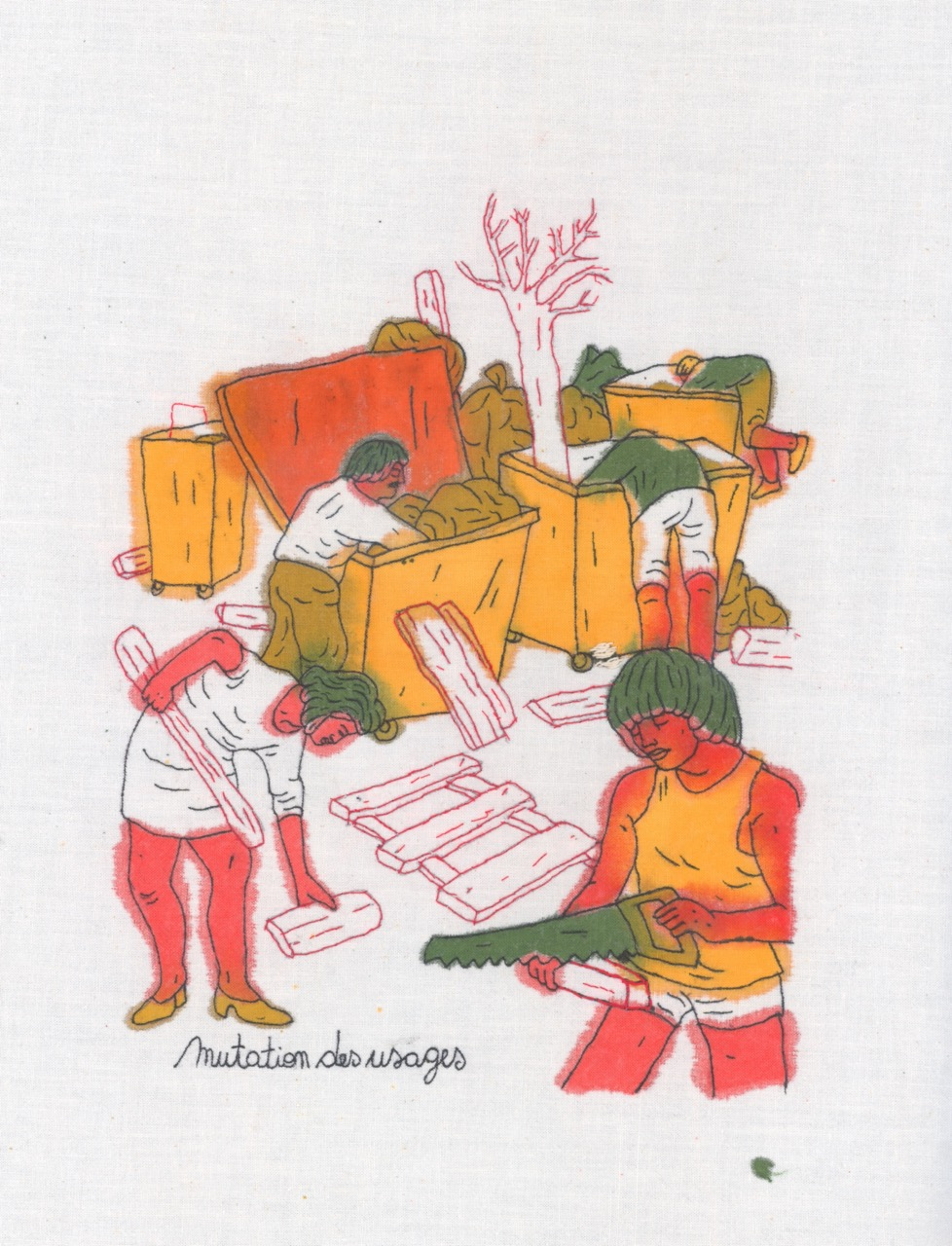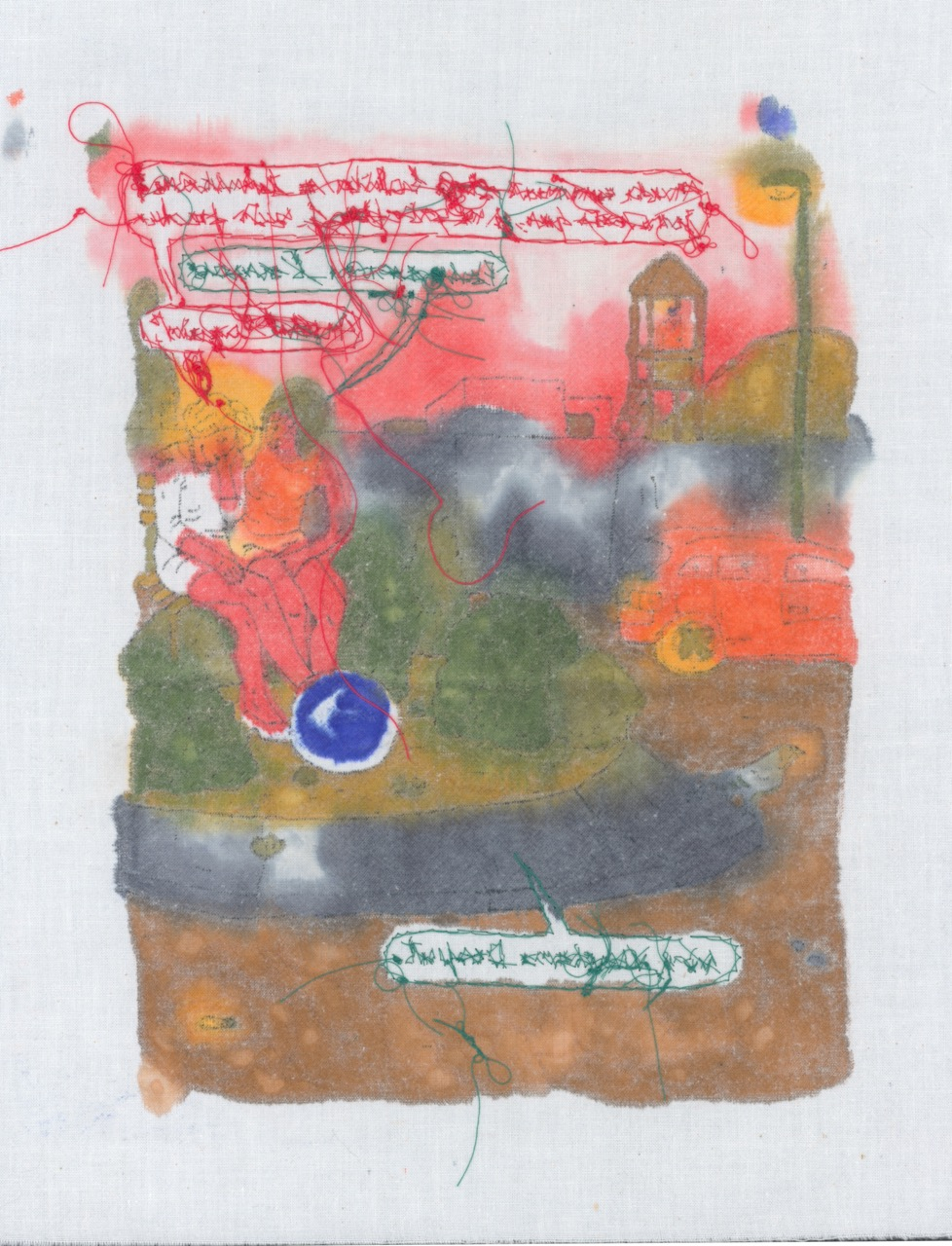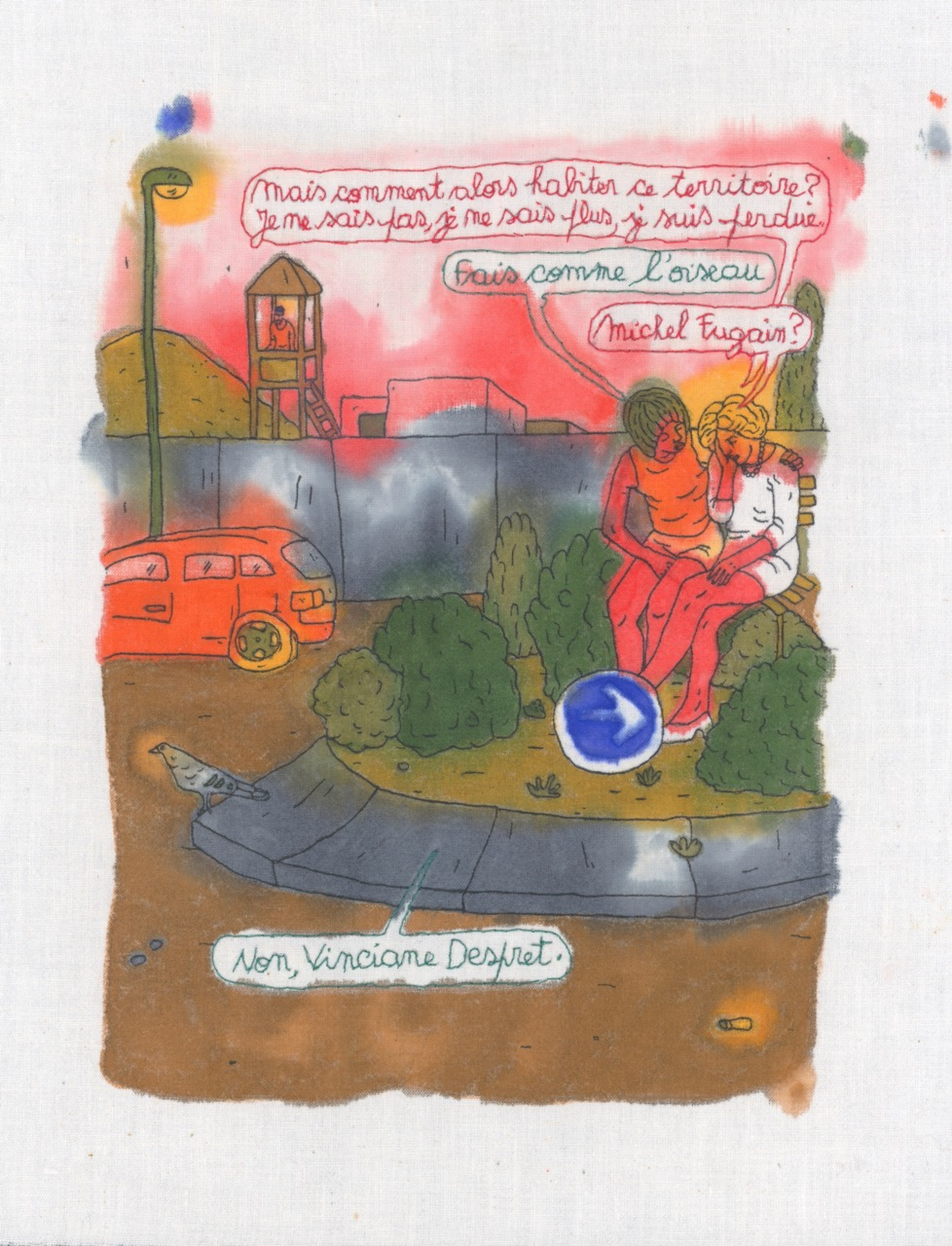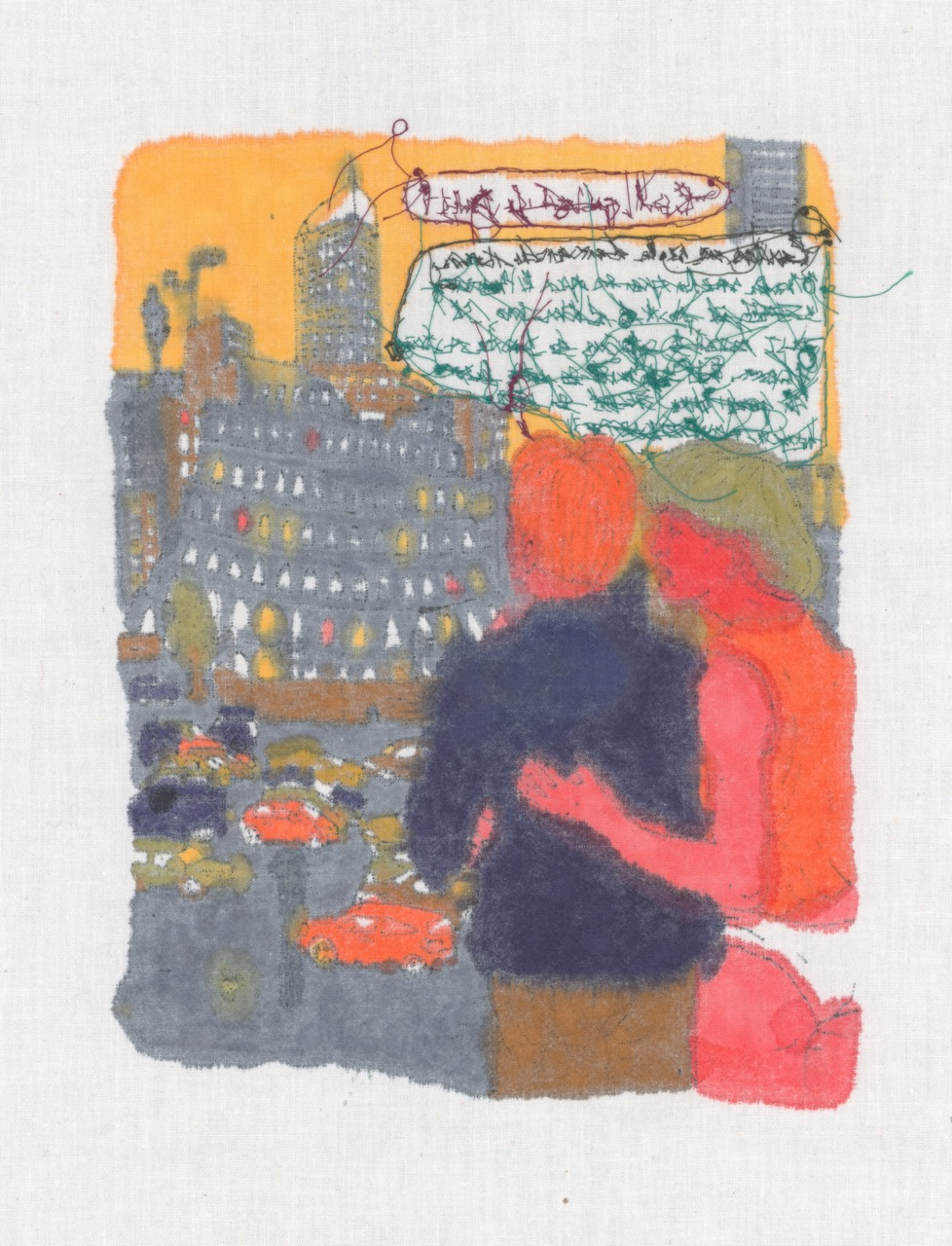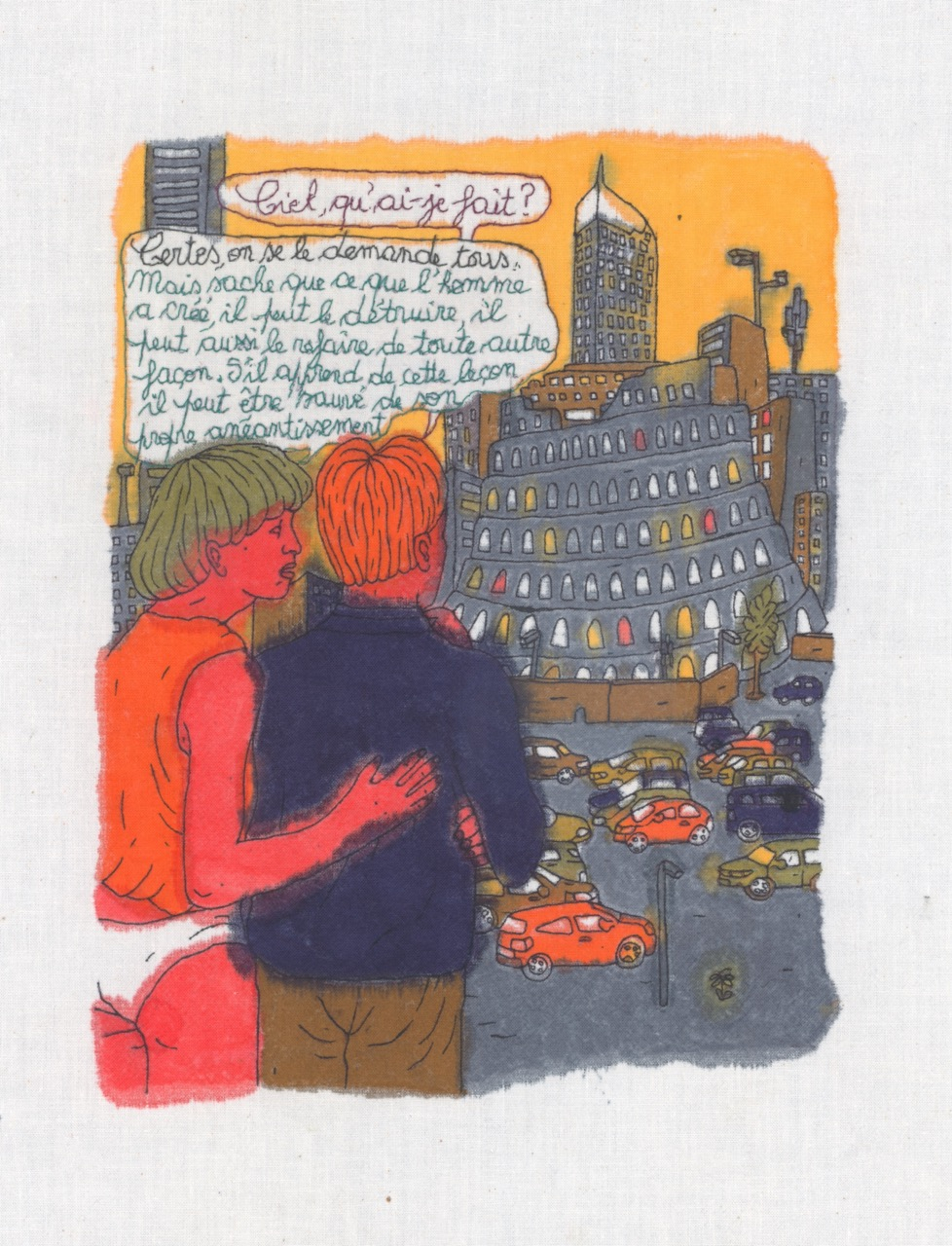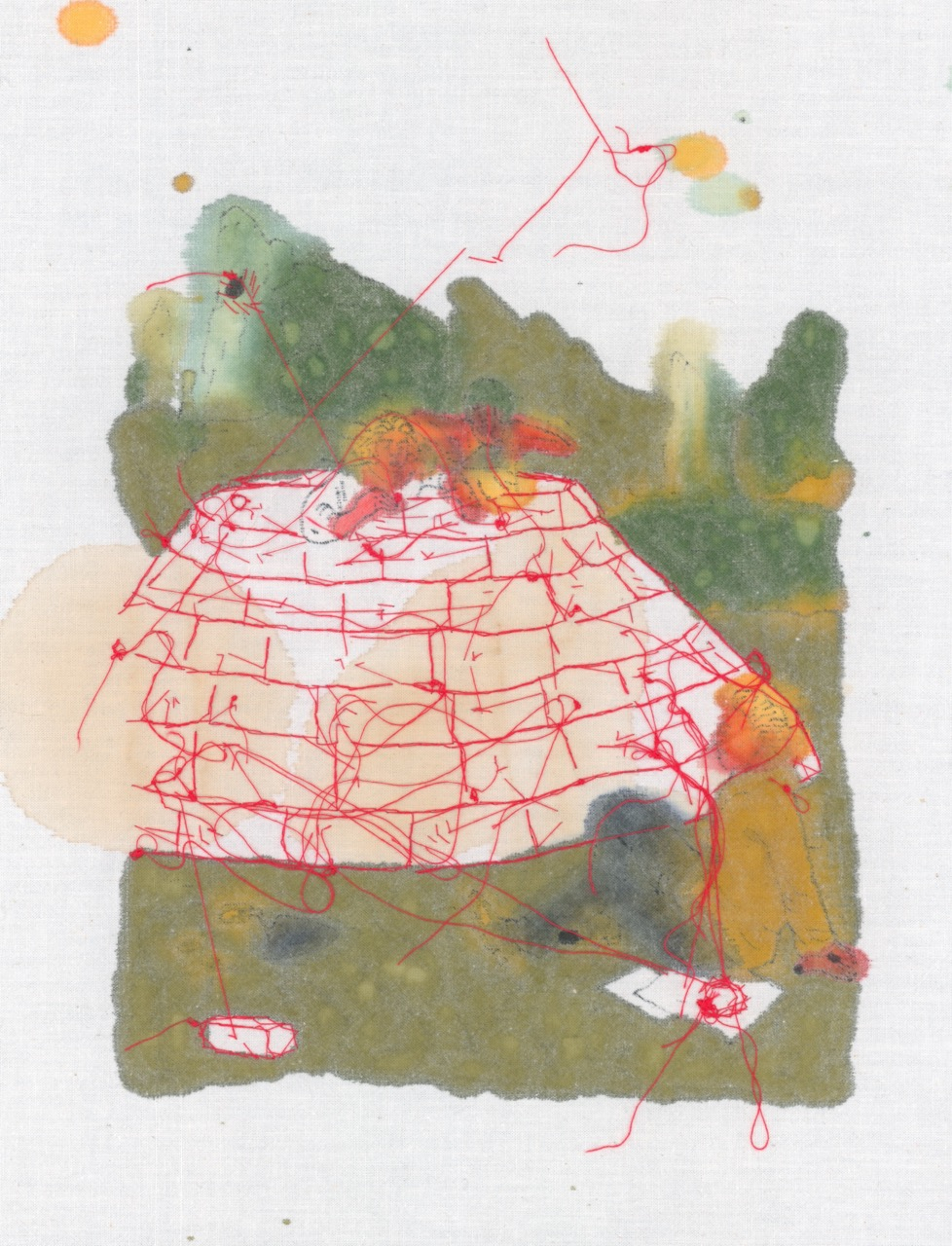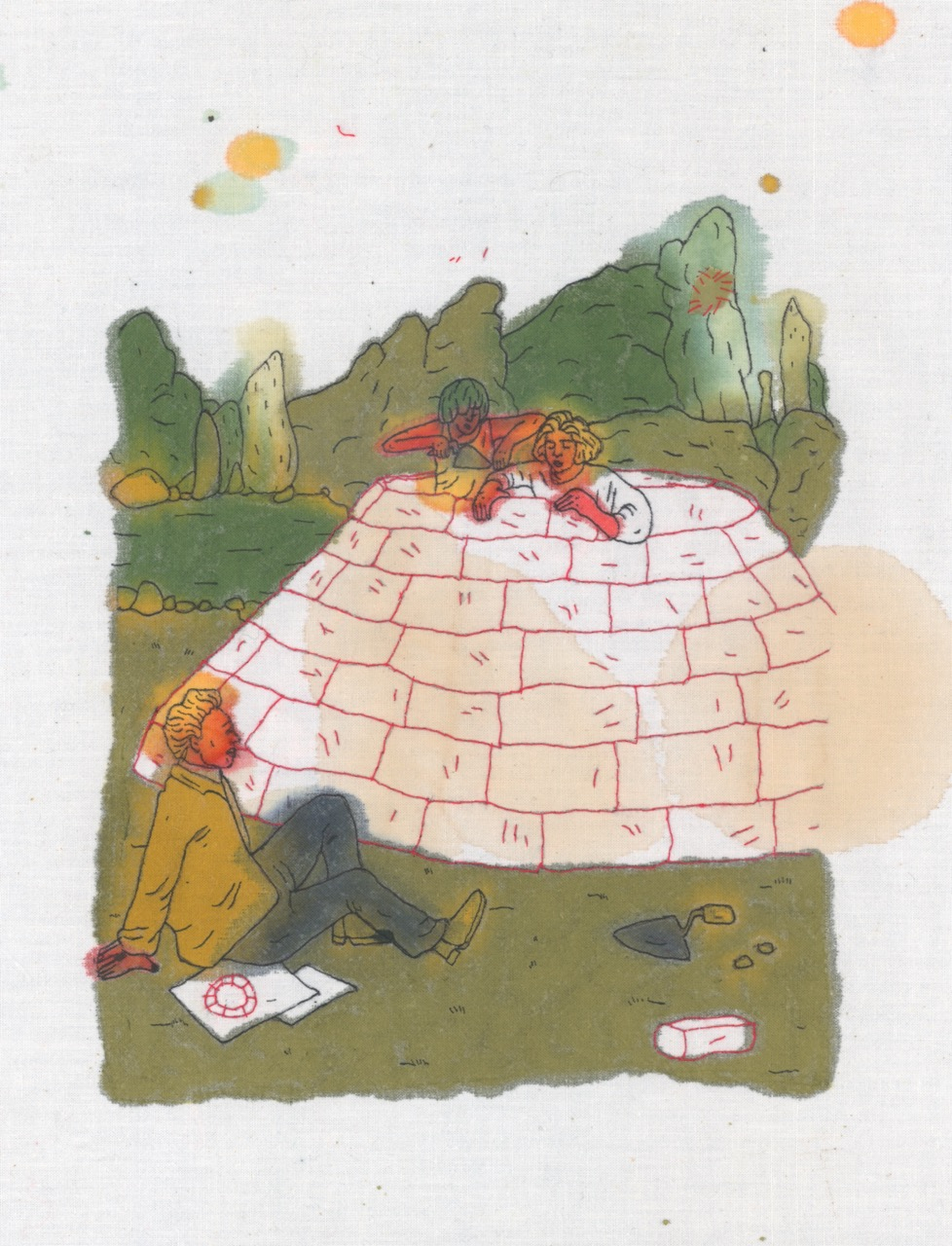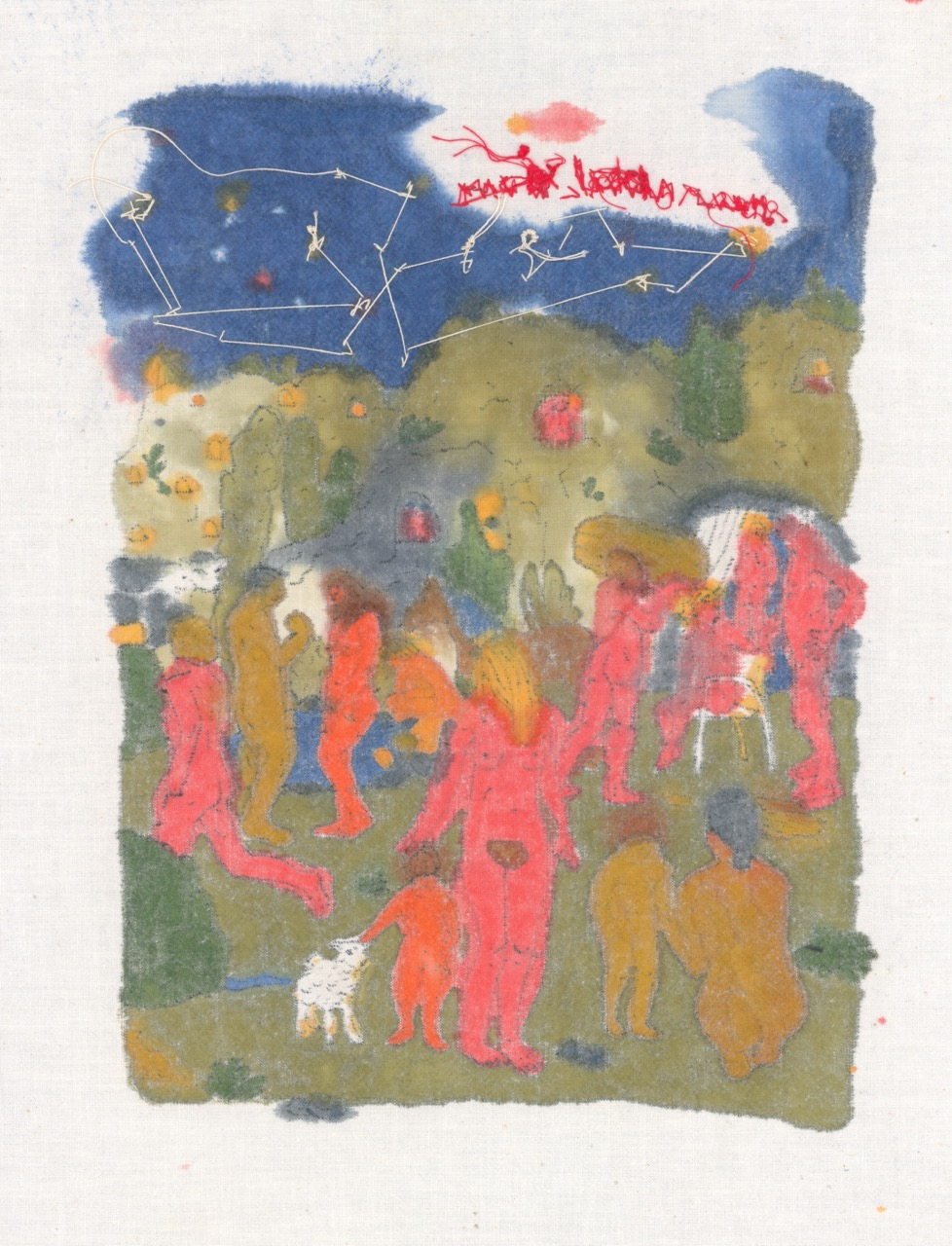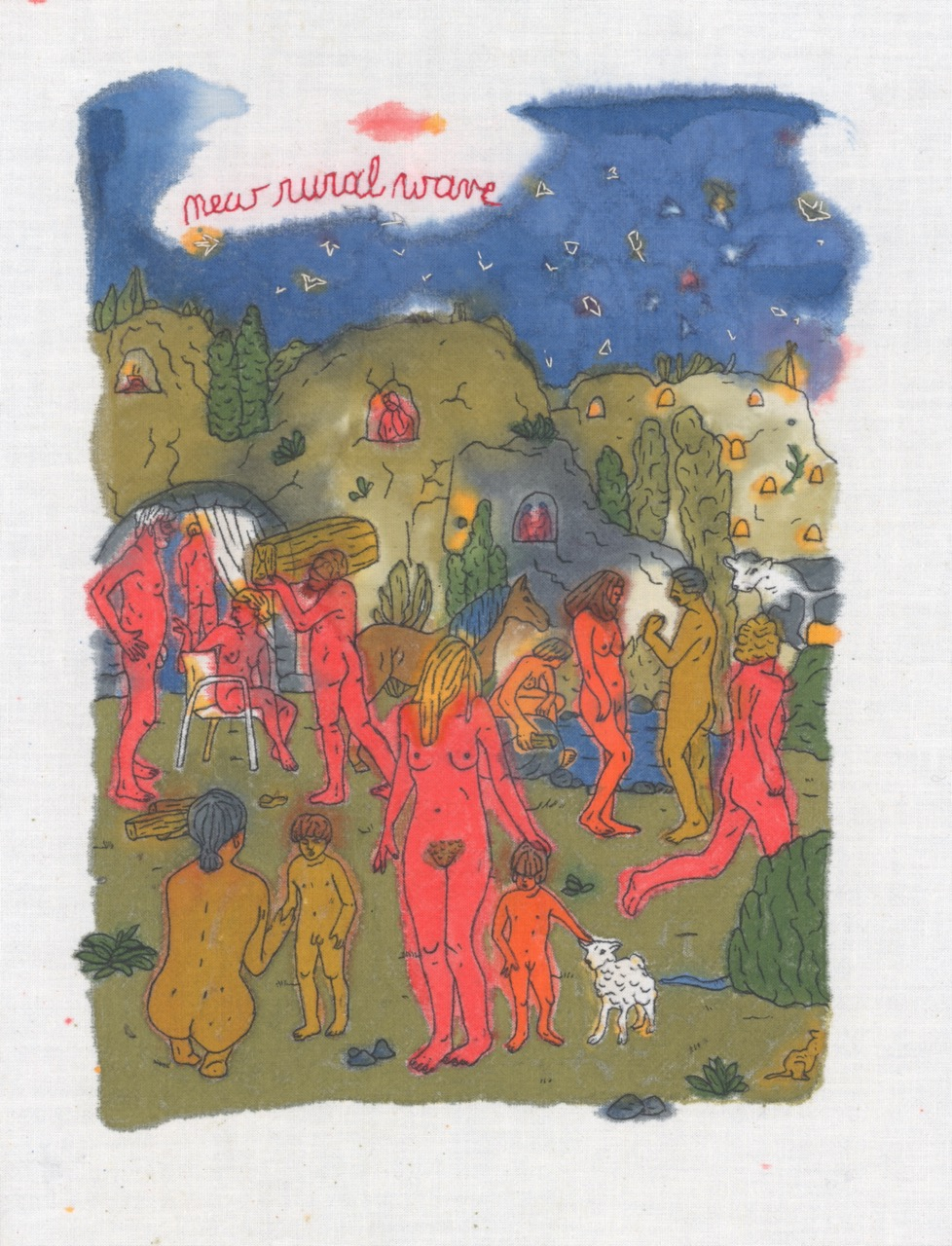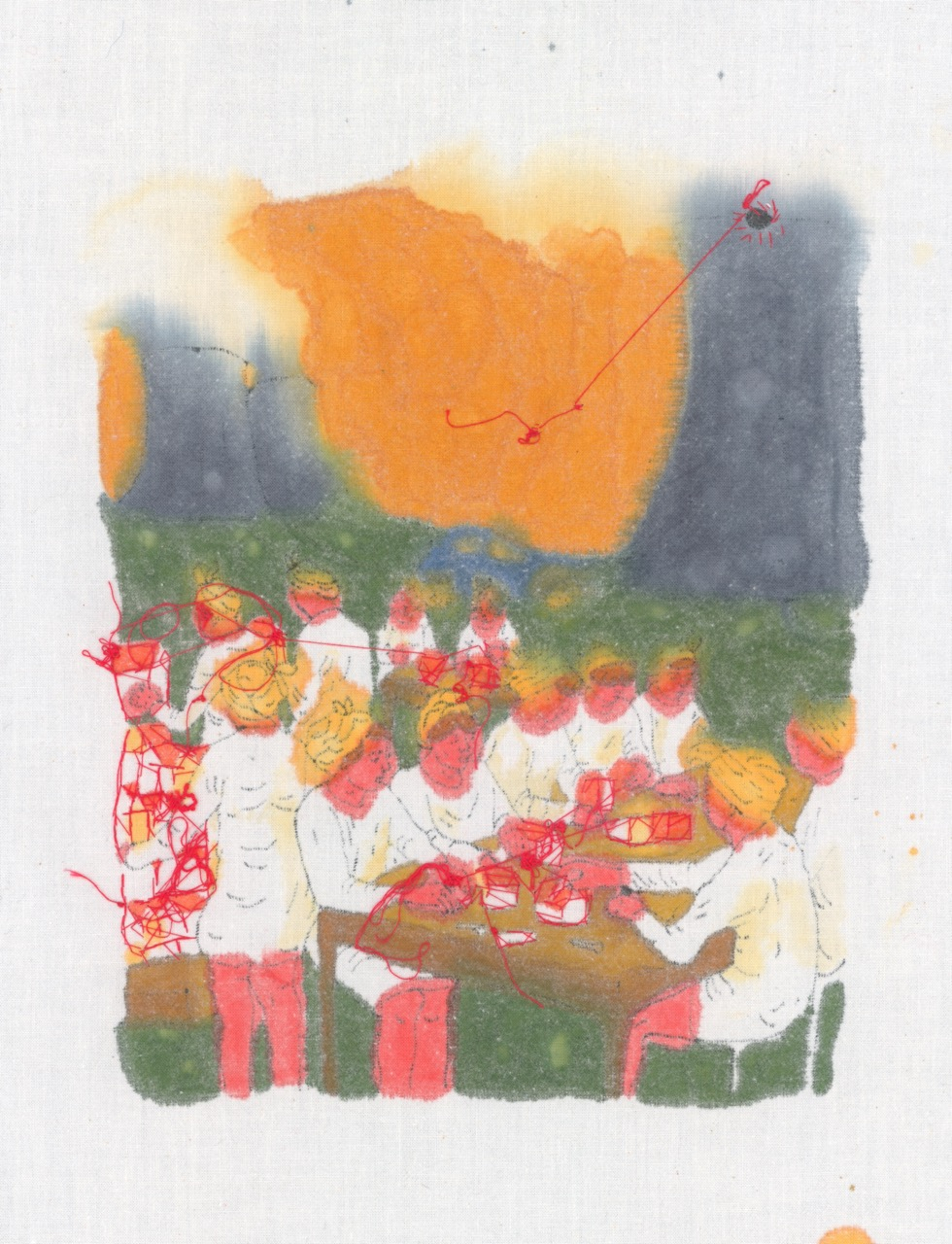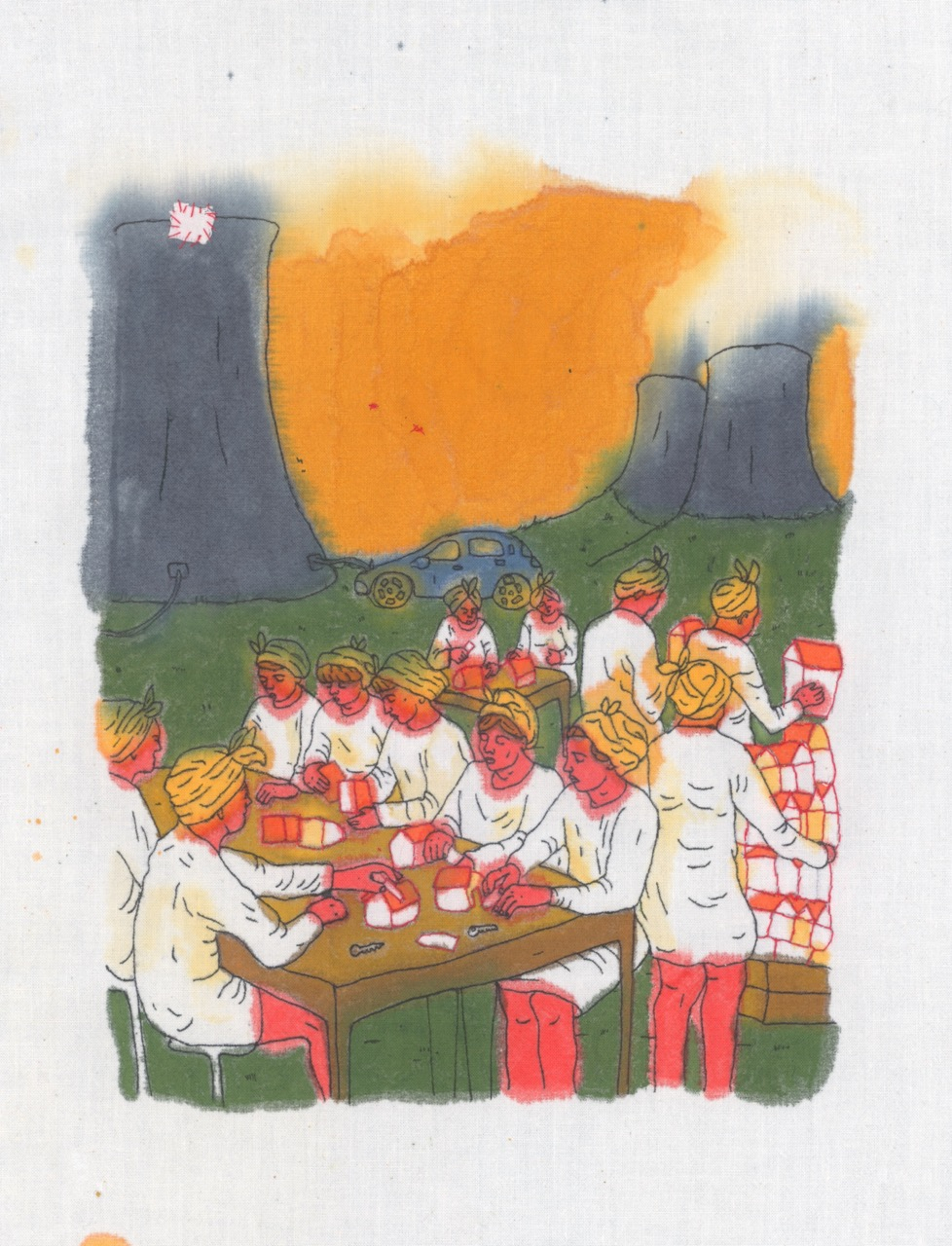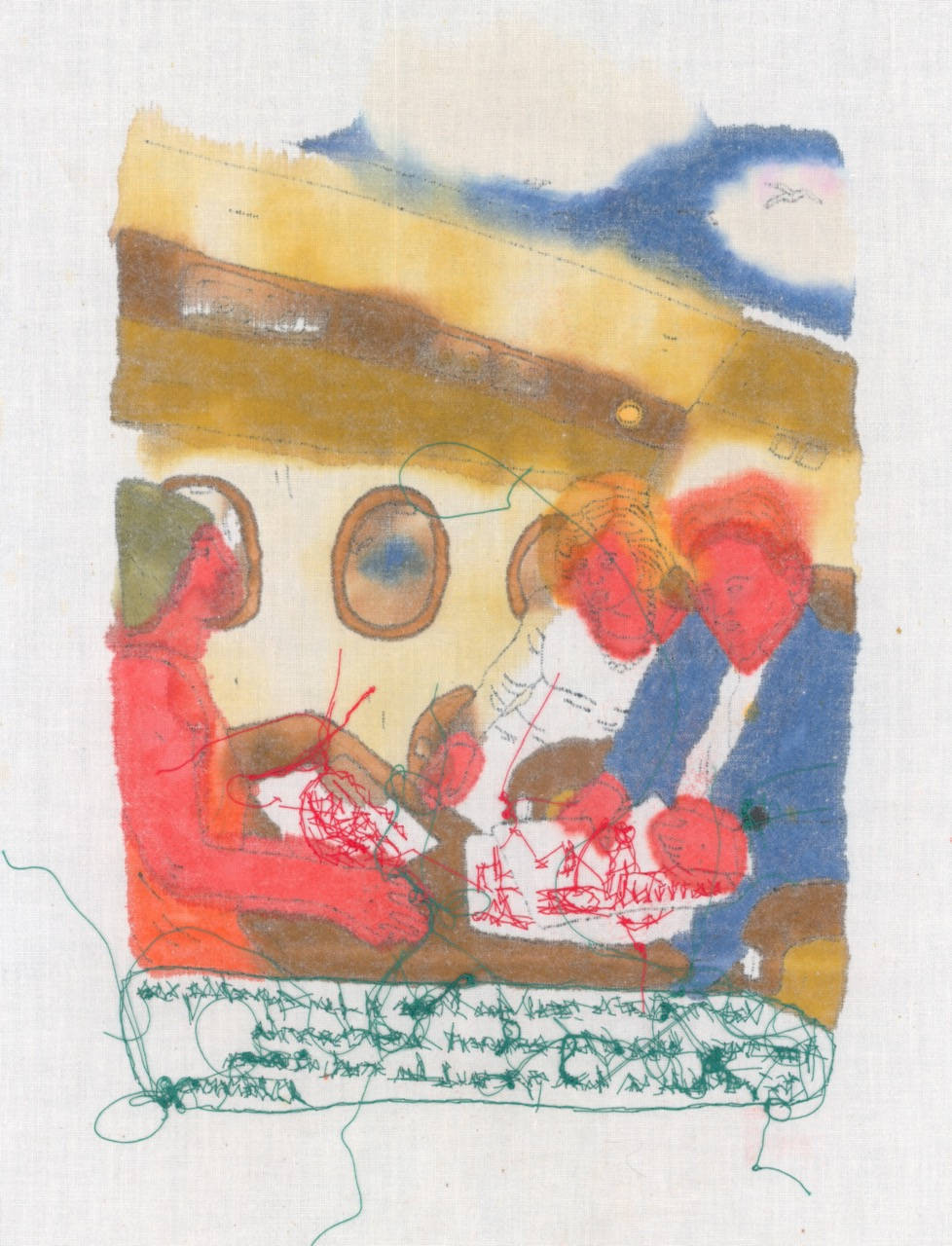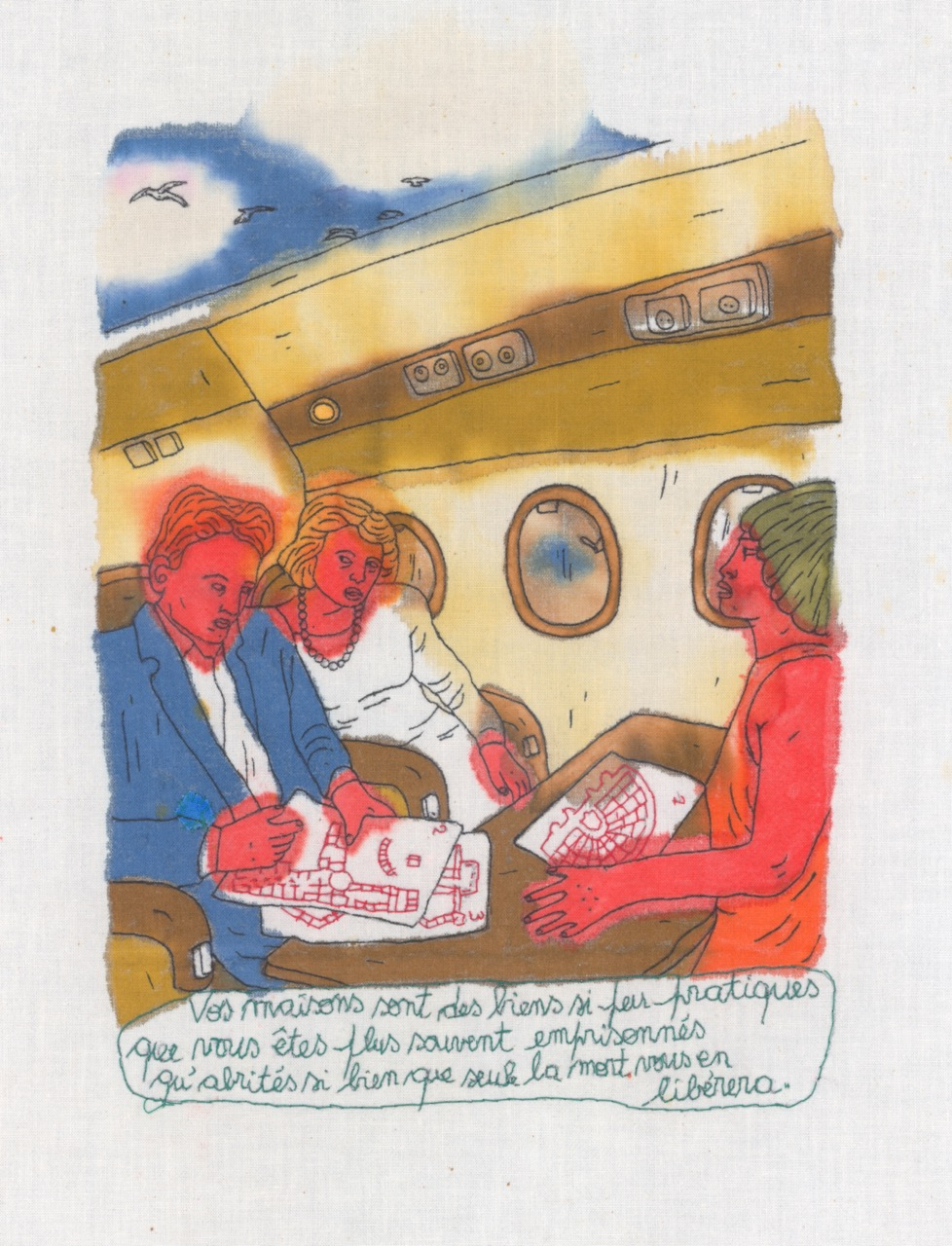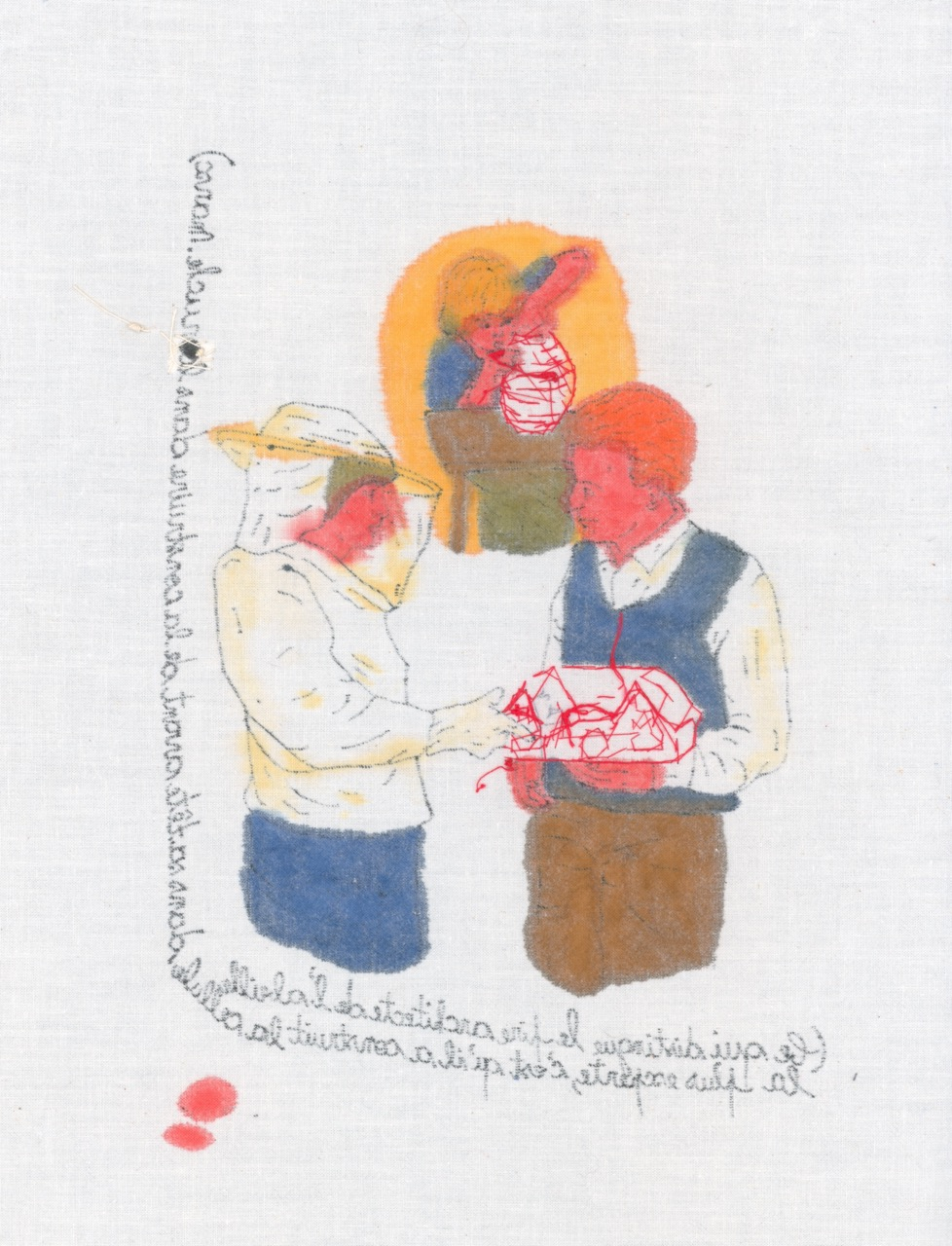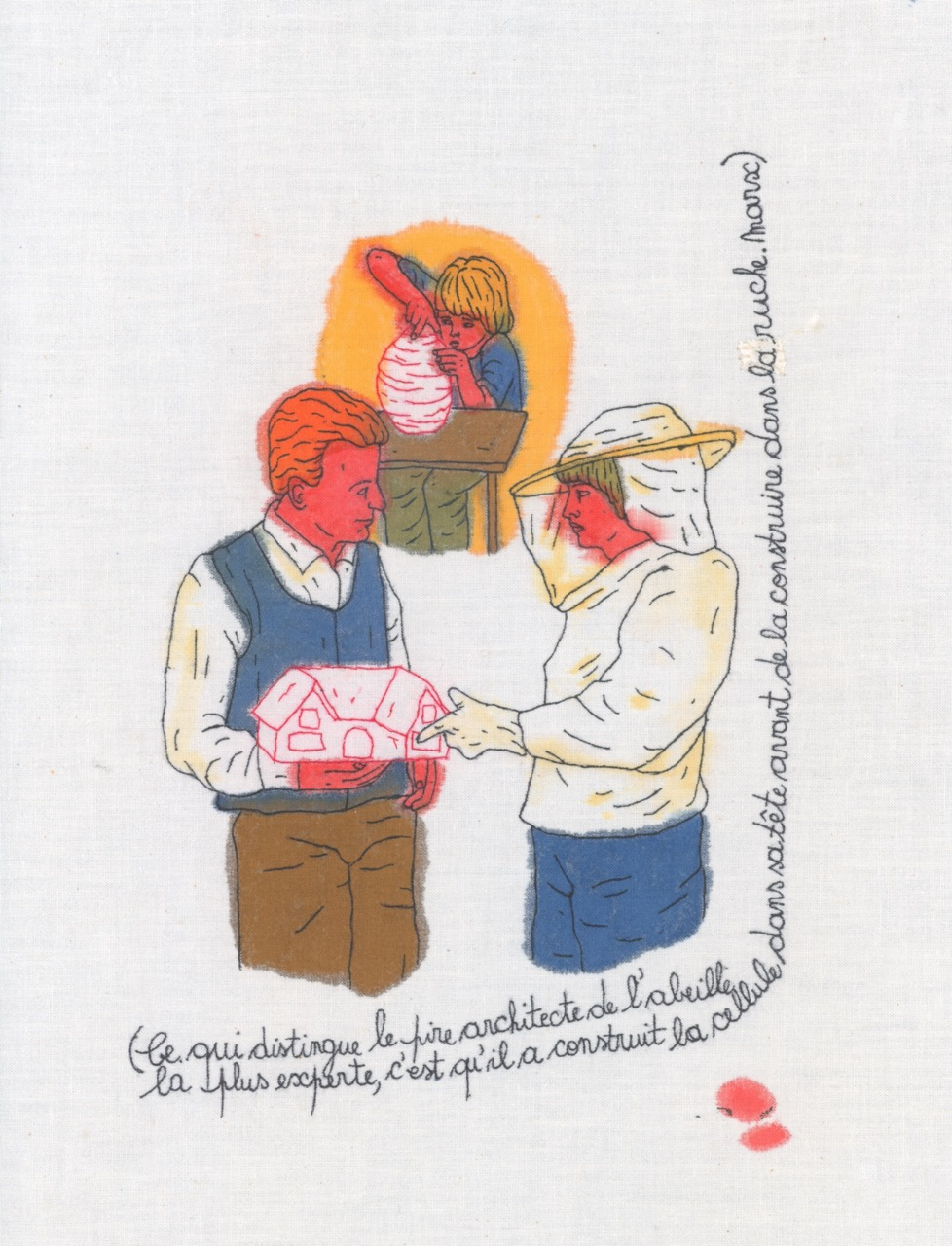Towards a regenerative approach to architecture
In February 2022, the Institut Culturel d'Architecture Wallonie-Bruxelles (ICA), the Cellule architecture of the Fédération Wallonie-Bruxelles and Wallonie-Bruxelles Architectures (WBA) jointly launched the call for entries for Inventories #4 2020-2023. This first collaboration is set to continue, as the ICA is now in charge of piloting the Architectures Wallonie-Bruxelles Inventaires # Inventories collection.
Two questions were posed: in what way does your spatial practice provide a relevant response to current societal and environmental issues? How can you guarantee a benevolent living environment in today's society characterised by risk and limits?
Two questions that immediately signal the commitment of this Inventory. Certainly because the social and environmental events of the last three years (the Covid-19 pandemic, the energy crisis, floods, drought, etc.) have put pressure on us to take a stand. Any spatial intervention on our built and non-built environment, whatever its scale, can no longer ignore the need to respond jointly and holistically to the challenges of environmental, societal and economic transition.
A total of 251 proposals were collected, bringing together built projects, competitions, research, events and actions taking place in urban and rural environments, from citizens, architects, landscape architects, artists, urban planners, sociologists and activists from the Wallonia-Brussels Federation. To explore this material, an editorial committee has been set up, combining expertise in the fields of architecture and publishing, with roots in Belgium and the rest of the world. Martina Barcelloni Corte, Oana Bogdan, Christophe Catsaros, Norbert Nelles, Anne Norman and Bernard Wittevrongel began their exploration of this material individually, then had the opportunity to exchange views at various meetings and during visits to projects.
Their explorations and discussions led to the emergence of six recurring themes, symptomatic of this 2020-2023 production that also echo the current challenges facing architecture beyond Belgium's borders: the new rurality, frugality in construction methods, governance, re-appropriation, the role of open spaces and, finally, the transformation of architectural practices in relation to changing uses. 124 relevant responses to one or more of these themes were selected. This selection was then put in the hands of specialists in the subjects concerned to analyse them and put their point of view on paper.
The six themes and 124 responses were also entrusted to Aurélie William Levaux, with a view to questioning her incisive view of our current living environment. Her libels, with their singular humour, take the form of
eight drawings on fabric, combining ink and embroidery. They appear as caricatures of our lifestyles, mocking outdated spatial practices that the selected responses attempt to overcome.
Aurélie William Levaux is a Belgian author, visual artist and trained illustrator. Her work, characterised by a certain pugnacity, questions the fact of existence as much as it highlights the aberrations of our times with a singular sense of humour. With a penchant for clumsiness and a "peasant spirit" while borrowing from contemporary violence, this compulsive libellist in search of justice pulverises passive revelry and champions the poorest, the weakest... women in every context.
